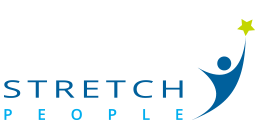Teams in transition
High achieving teams enjoy a 23% boost in performance compared to under-performing teams.
Heidrick & Struggles
In 2015 culture and engagement was rated as the most important overall issue facing HR professionals.
Deloitte
95% of millenials believe that culture is more important than compensation.
Deloitte
Why?
Team transitions can be less obvious to notice and acknowledge. However, consider when teams recruit new people, when existing members leave or when organisational restructures happen. All of these changes, and many more, can cause uncertainty, frustration, worry or anxiety and require the team to transition through them effectively to maintain and raise performance.
Being in the middle of the team can often make it difficult to see what is really happening and what needs to happen to help the team move forward.
Having external support at a team level can help the team recognise their own reality, help them clarify what needs to happen to work through changes together and provide a boost in hitting that next level of performance.
What!
We work with intact teams typically in a workshop environment to explore the challenges the team is facing and to co-create what needs to happen for the team to move forwards and raise performance.
Our approach is to explore the current reality of the team, which might include individual interviews to really get under the surface, and then work with the entire team to recognise what is already contributing to success but also to really identify the barriers to success that might be under the surface and work to break them down.
We encourage self and team-reflection, work to create an environment where open conversations can happen more readily and provide additional learning tools, models and insights in order to raise the team knowledge. This ensures teams build capacity to self-support during future transitions.



